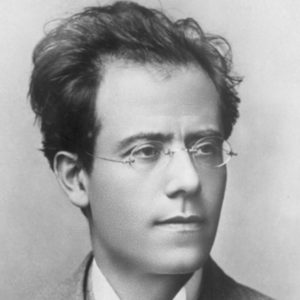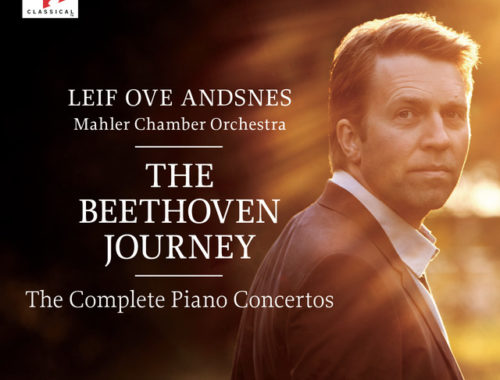THURSDAY 20TH MAY 2010 BRITTEN “BILLY BUDD”
Glyndebourne Festival Opera
Britten’s gripping masterpiece begins in fateful indecision oscillating in the violins between major and minor key centres as the old and broken Captain Vere looks into his soul for answers as to why he put duty before reason to condemn the one man who seemed to reinforce his faith in human nature. And just as the librettists E.M. Forster and Eric Crozier afford us privileged access to the workings of Vere’s mind so Michael Grandage and his designer Christopher Oram take us deep into the bowels of HMS Indomitable quite literally gliding the vessel into our midst from the summer of 1797. The darkest recesses of Vere’s soul and those of his ship become one.
Oram’s majestic set puts us inside the hull of the vessel, it puts us on the quarter deck and high on the bridge, and with the lowering of a gigantic wooden frame it imprisons us far below decks where the shadow and undercurrent of this great piece are bred. And with astonishingly atmospheric lighting from Paule Constable (imagine a wash of surreal lamplight illuminating Billy Budd as he awaits his fate) it affords Michael Grandage in his thrilling operatic debut to achieve a filmic transition between the swift moving scenes of the narrative. His blocking has a strength and immediacy that perfectly complements the clarity of his story telling: as in the close of the first act where Billy’s excitement at the prospect of promotion is menacingly undermined, both in the orchestra and on stage, by the lowering presence of the Master-at-Arms Claggart looking down on the boy from his position of privilege and pinning him with his evil eye like some bird of prey.
The big set pieces are marvellously marshalled, too, the thrilling call-to-arms in act two achieving a visceral excitement physically and sonically, its onstage drummers powering us into the attack, the ship’s ensign billowing at the stern. The Glyndebourne Chorus, small in number but mighty and incisive in sound, are, of course, integral to the impact of the show meshing brilliantly with the many named roles to achieve a wonderfully busy and coherent ensemble. Is there anything as uplifting, as overwhelming, as the huge choral swell of the shanty “Blow her to Hilo” when it’s this lustily sung?
Magnificently conducted by the Mark Elder with an unerring sense of the score’s momentum and many moments of stasis the London Philharmonic served him handsomely, queasy bass undulations fathoms below the light-catching streaking and skirling of exposed high woodwind and trumpets.
But it was in the tension of the psychological drama that Elder and Grandage really excelled. Of key roles it’s almost invidious to single anyone out but one should mention the trio of senior officers, Matthew Rose’s Flint, Darren Jeffrey’s Ratcliffe, and the ever-impressive Iain Patterson as Redburn. And further down the food chain, Ben Johnson’s affectingly sung Novice.
Phillip Ens’ Claggart had to work harder than he ideally should to encompass the vocal extremes of the role and a disturbing shift of colour in the upper register didn’t help matters. And Jacques Imbrailo’s slight but refreshingly modest Budd likewise had to dig deep – and did – to surmount the limitations of his bantam-weight voice and ultimately achieve real pathos through the strength of his conviction.
What a marvellous idea to have the old and broken Vere – his inner-turmoil beautifully conveyed in John Mark Ainsley’s achingly sung performance – become an unseen presence in the harrowing final scene as if recalling the terrible consequences of his indecision in hindsight. Powerful, penetrating, deeply moving – a tremendous start to Glyndebourne’s season.
You May Also Like

GRAMOPHONE: From Where I Sit – January 2018
30/01/2018
A Conversation With LEIF OVE ANDSNES
01/10/2012